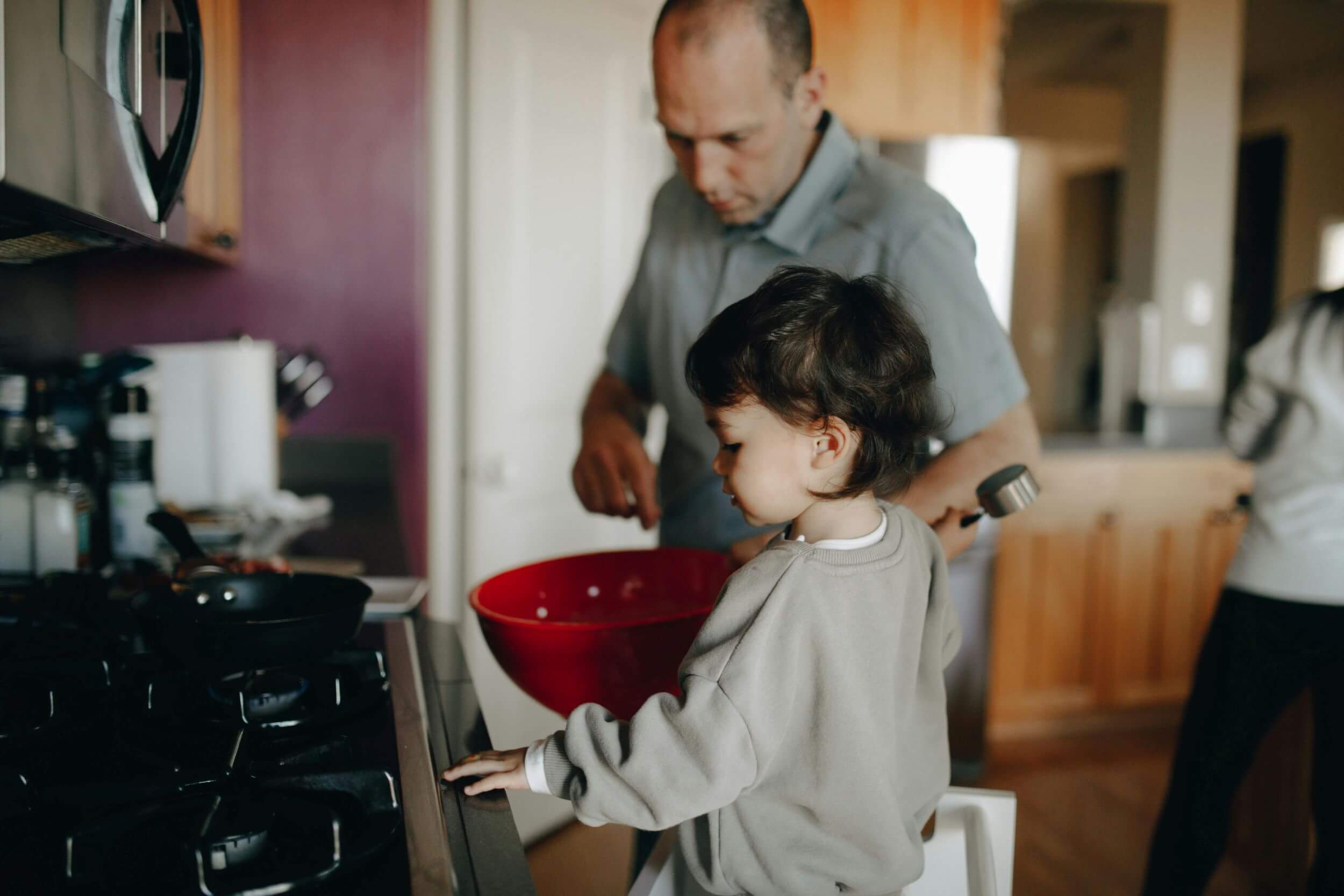Approximately 1,000 Australian children are hospitalised for a born injury every year, and data shows these children have an increased risk of developing non-communicable diseases later in life.
Burn injuries are a global public health problem, and non-fatal burns are a leading cause of morbidity, prolonged hospitalisation, disability, and disfigurement. Although mortality in Australia has reduced to such an extent that even patients with 90% body surface area burns have a 50% chance of survival, researchers know that childhood burns have an impact on health for life.
A recent review of hospital admissions between 1980 to 2003 looked at people who had a burn as a child and those who didn't. The study found that people who suffered a burn injury were in hospital more often for non-communicable diseases such as mental illness, malignancy, and diabetes and are more susceptible to infectious diseases, for over 30 years after the discharge of the initial burn.
Researchers work to date indicates that burn trauma resets a child's health trajectory to one of increased risk of chronic diseases for decades. This proposition presents a worrying new model, and understanding the mechanisms that underpin this has the potential to transform the heath of burn patients, but also more widely transform the understanding of the developmental origins of disease and the lasting impacts of acute trauma that lead to chronic morbidity.
The Pediatric Burns study aims to answer the question 'why is there an increase in morbidity and mortality for life in children that recover from a non-severe burn injury?'
The study hypothesises that this is inpart due to the sustained metabolic and immune changes triggered by the injury, therefore the research aims to:
1. Identify the sustained impacts of burn trauma on immune function.
2. Investigate the personal factors that impact on the burn/immune system interaction at the level of the individual, for example metabolomic and immune profiles.
3. Investigate the impact of psychosocial factors including child traumatic stress, pain, trauma history, parent stress, family environment, and culture.
The study will compare 300 samples each from The Perth Children's Hospital Burns Unit and the ORIGINS cohort. Those samples from the PCH burns unit will be compared with 'healthy' control samples from ORIGINS that have not undergone other signifcant trauma or received hospital treatment.
Samples will be compared across the pediatric burn cohort to identify individual differences underpinning outcomes, but also compared as an injury cohort to the ORIGINS healthy controls, providing an opportunity to better understand the broad and systemic impacts of acute burn trauma.
Investigators
- Dr Mark Fear, Senior Research Fellow
- Dr Nina D'Vaz, ORIGINS Biobank Manager at The Kids Research Institute Australia
- Professor Fiona Wood, Director of the Burns Service of Western Australia
- Dr Lisa Martin, Research Fellow at UWA
- Dr Luke Whiley, Research Fellow at the Australian National Phenome Centre

